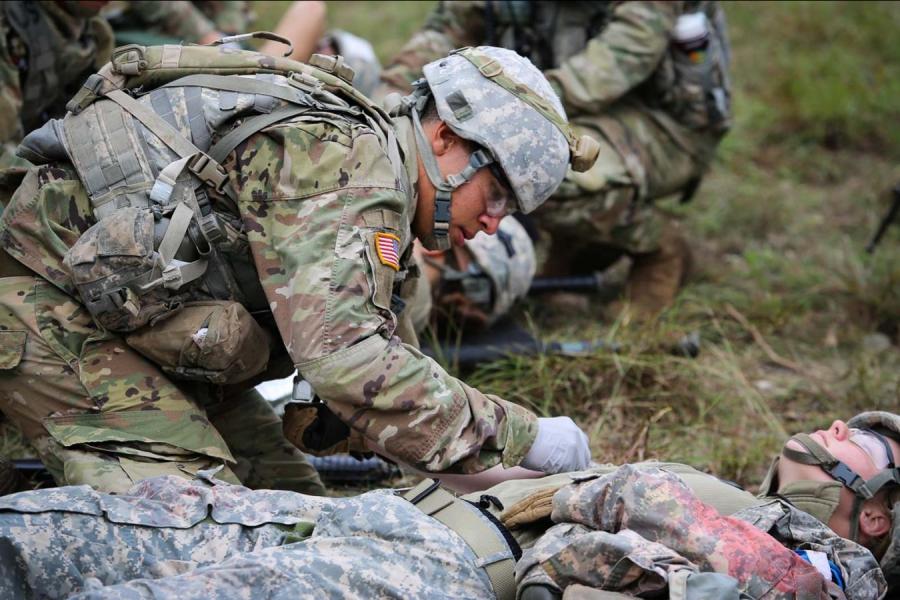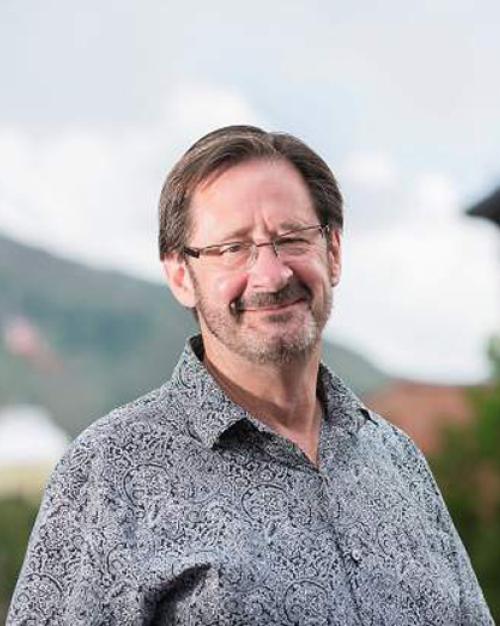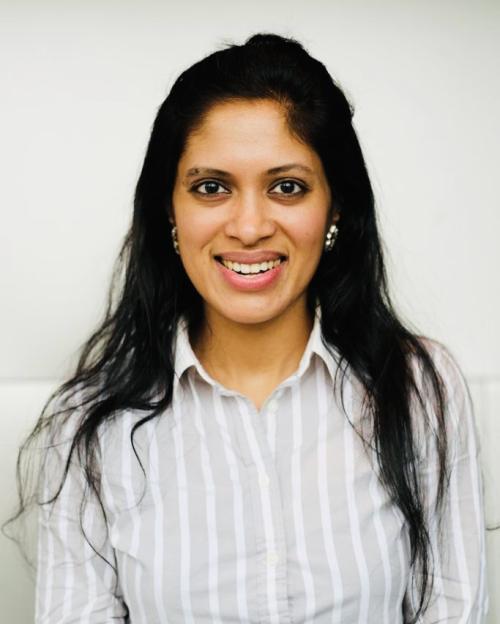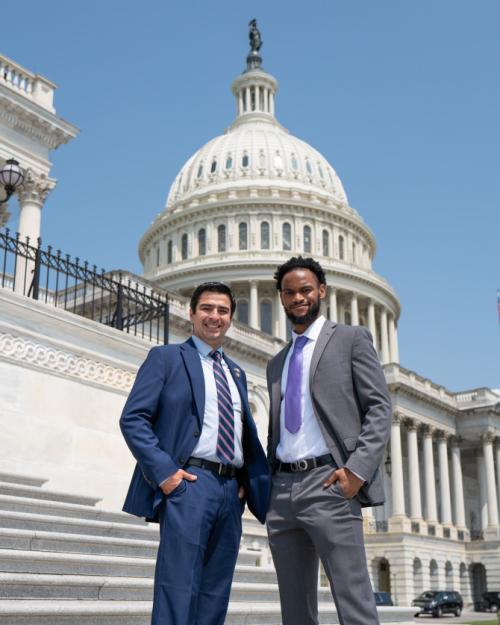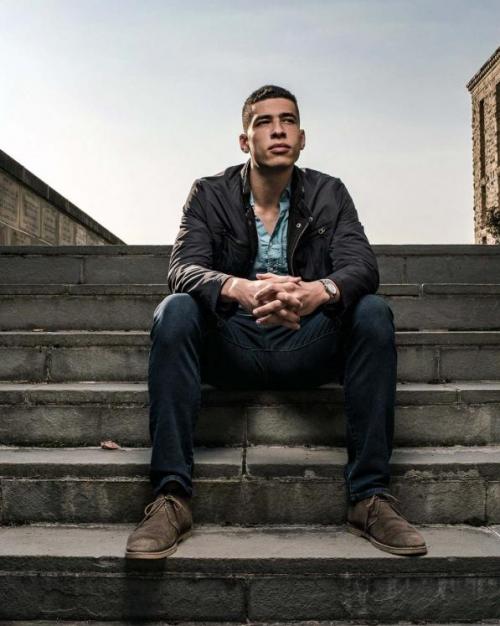Conor Hodges
American Studies, College Scholar Program, Government, History
Orlando, Fla.
What are the most valuable skills you gained from your Arts & Sciences education?
The most valuable skill Cornell has provided me is the understanding that learning is a process of questioning. You have to ask good questions, piercing questions, questions that get at the root of the issue you're trying to unpack and understand. This means denaturalizing received wisdom and so-called common sense. 'Why' is never a bad word.
What is your main extracurricular activity and why is it important to you?
Most of my energies during my time at Cornell have been directed toward the Telluride Association and its living-learning community at the heart of campus. A mixed group of undergrads, grad students, faculty and TA staff, the Cornell Branch of Telluride is a one of a kind opportunity for Cornellians cloaked in a challenge: Here's a budget, a House, a community, and a vague creed of democracy, inquiry, and service. Make something of it. Fail often, but learn from it when you do. Above all, prepare yourself to live a thoughtful life of service to humanity once you leave. Perhaps start by debating what that means with your housemates!
What Cornell memory do you treasure the most?
Walking to the slope and sledding down it in the middle of a furious blizzard.
What have you accomplished as a Cornell student that you are most proud of, either inside the classroom or otherwise?
While both are still very much in progress, I take some pride in my contributions -— however marginal — to the ongoing initiatives around constructing an Anti-Racism Center and concerning reimagining public safety at Cornell. There is still much disagreement and work to be done, but in both cases I think students, faculty, and staff have been able to come together and engage productively to move the ball down the field.
Who or what influenced your Cornell education the most? How or why?
Through Telluride and graduate courses I've been privileged to have graduate student and faculty mentors who model what it means to dedicate oneself to scholarship. More, I've learned from them the importance of constantly striving to affirm, assist, and amplify those who have been historically excluded from the academy and the knowledge it produces. Receiving such generosity has demonstrated to me that academic privilege confers a social obligation to broaden who we listen to. I've benefited from others with this vision, and I intend to pay it forward.
Every year, our faculty nominate graduating Arts & Sciences students to be featured as part of our Extraordinary Journeys series. Read more about the Class of 2021.
